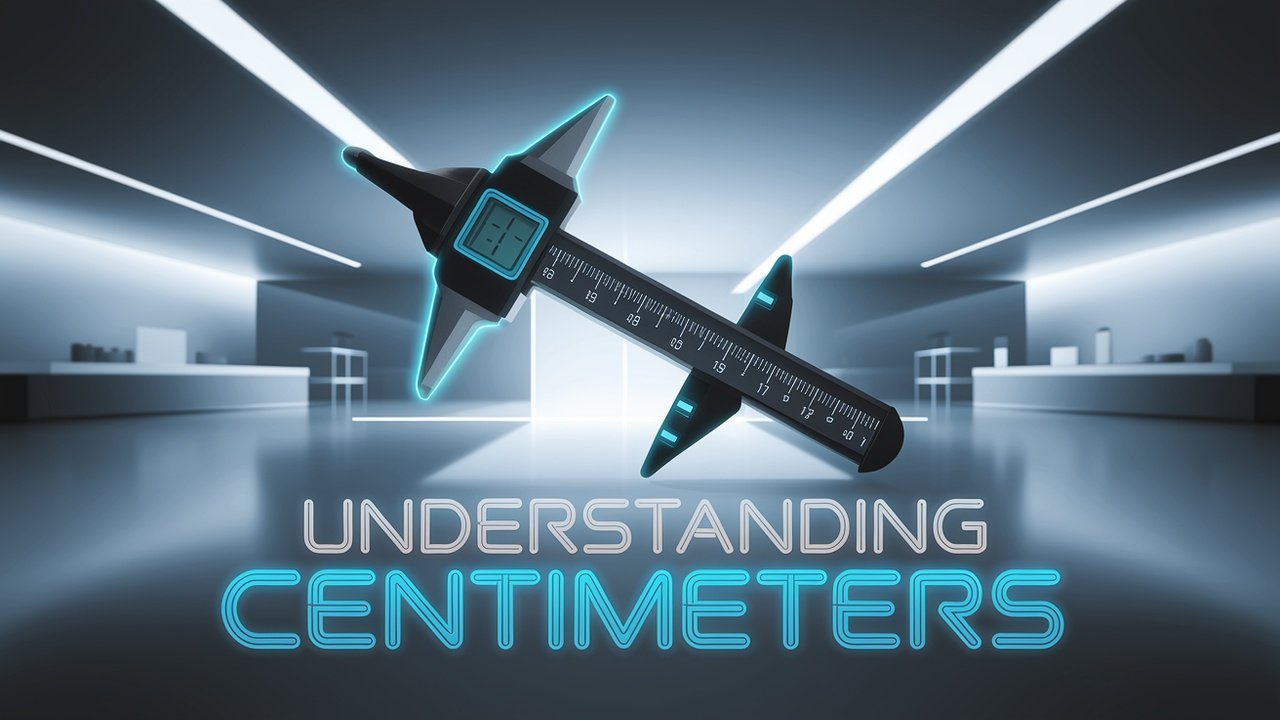The Three-Day Farewell: Exploring the Cultural, Religious, and Practical Reasons Why Funerals Are Held 3 Days After Death

Introduction
In the delicate moments following the funerals of loved ones, families are often consumed by a whirlwind of emotions, rituals, and decisions. One common practice, seen in various cultures and traditions around the world, is holding the funeral three days after the person has passed. This seemingly specific timeframe raises an intriguing question: why are funerals 3 days after death?
While at first glance it might appear arbitrary, the three-day window is steeped in religious beliefs, historical customs, cultural symbolism, and logistical necessity. From ancient spiritual rites to modern health regulations, the timing of a funeral reflects both the human desire to honor the dead and the practical needs of the living.
In this article, we’ll delve deep into the origins and significance of the three days between death and burial or memorial, examining how various traditions interpret it, what modern science and health guidelines say, and why this practice continues to endure across the globe.
Historical Roots of the Three-Day Funeral Tradition
Long before refrigeration and embalming were widely used, funerals needed to take place quickly to prevent decomposition. Yet, three days was often seen as the optimal amount of time—long enough to prepare for the funeral and ensure the person had truly passed, but short enough to maintain respect and cleanliness.
Ancient Practices
In ancient civilizations, including Egypt, Greece, and Rome, death was surrounded by rituals aimed at ensuring a smooth journey to the afterlife. While some burials occurred the day after death due to climate or public health concerns, others waited three days as part of ceremonial traditions.
- In ancient Rome, it was common to keep the body at home for three to seven days, allowing time for mourning and visitation.
- The Greeks practiced a three-day mourning ritual that included the prothesis (laying out the body), ekphora (funeral procession), and interment.
These customs helped shape the notion that three days is a respectful, even sacred, time frame for honoring the dead.
Religious Interpretations and Symbolism

Many religious traditions embrace the three days for funerals due to symbolic and theological significance.
Christianity
In Christian tradition, three days hold immense spiritual meaning, most notably reflected in the resurrection of Jesus Christ. According to the New Testament, Jesus rose from the dead on the third day following his crucifixion, symbolizing rebirth and hope.
This idea of transformation or journey after three days resonates with funeral practices. Some Christian denominations, particularly in Catholic and Orthodox branches, encourage a wake or vigil for two days, with the funeral mass or burial on the third day.
Judaism
Jewish law traditionally calls for burial as soon as possible, often within 24 hours. However, when delays are necessary due to travel or logistics, three days is seen as the outer limit. This is partly based on Talmudic interpretations that the soul hovers near the body for three days, hoping to return.
The Shiva period—seven days of mourning that follow burial—does not begin until the interment, reinforcing the importance of prompt but respectful timing.
Islam
In Islamic tradition, the emphasis is on immediate burial, ideally within 24 hours of death. However, in some cases where this isn’t possible due to legal or logistical reasons, funerals may be delayed up to three days, although this is generally not encouraged.
The Prophet Muhammad is reported to have instructed Muslims to avoid delaying burial without a valid reason, but the three-day maximum is sometimes adopted as a compromise in non-Muslim-majority regions.
Symbolic Meaning of the Number Three
Beyond religion, the number three itself carries a deep symbolic weight in many cultures, often associated with completeness, transition, or balance.
- In mythology and folklore, three is a magic number: three wishes, three trials, three fates.
- In psychology, some suggest that three days allows for the initial shock of death to subside, helping mourners begin the grieving process with more clarity.
- In astrology and numerology, three represents growth, expansion, and passage from one phase to another.
These symbolic interpretations help explain why cultures that might not share religious commonalities still gravitate toward the three-day mark for funerals.
Practical and Logistical Reasons

While spiritual and historical reasons are deeply compelling, the modern world introduces a host of logistical concerns that support the three-day timeframe for funerals.
Time for Family to Gather
In today’s mobile society, families are often spread across states or even continents. Three days provides just enough time for loved ones to:
- Arrange travel
- Request bereavement leave
- Coordinate schedules
This window balances urgency with feasibility, making it a practical choice for most families.
Legal and Medical Processes
Death must be legally confirmed, and in many jurisdictions, a death certificate must be signed by a physician or coroner. In cases of unnatural or unexpected death, an autopsy might be required, causing delays.
Once official documents are processed, arrangements with:
- Funeral homes
- Cemeteries or crematoriums
- Religious institutions
can usually be made within a two-to-three-day period.
Body Preparation
Embalming (if requested), dressing, casketing, and transporting the body also require time. For open-casket funerals, preserving the body becomes crucial, and three days allow for respectful presentation without excessive delay.
Cultural Variations on the Three-Day Tradition
Different cultures adapt the three-day norm to suit their unique beliefs and circumstances.
Philippines
In Filipino tradition, wakes can last multiple days, sometimes up to a week. However, the third day after death is often marked with special prayers and ceremonies, combining Catholic and indigenous practices.
China
In Chinese tradition, funerals may not strictly occur three days after death, but many families observe a mourning ritual on the third day, including incense burning and offerings. The number three represents harmony between heaven, earth, and humanity.
Africa
Many African tribes and communities, including the Akan people of Ghana, observe funeral celebrations that begin on or around the third day, as this is believed to be when the spirit begins its journey to the ancestral realm.
Deviations and Exceptions
While three days is common, it is not universal. Factors that might alter the timing of a funeral include:
- Autopsies and investigations (especially in criminal cases)
- Public figures or large ceremonies requiring longer planning
- Availability of religious leaders or venues
- Weather conditions or natural disasters
Additionally, in certain modern contexts, delayed memorial services may be held weeks or even months after cremation or burial, though these are more about remembrance than funeral rites.
Psychological and Emotional Benefits
From a psychological perspective, the three-day period provides a buffer zone between the trauma of death and the emotional weight of saying goodbye. Grief experts point to this short delay as beneficial for:
- Initial emotional processing
- Spiritual preparation and prayer
- Meaning-making rituals
During these days, families gather, share stories, and begin to process the loss together. This bonding helps in the transition from shock to mourning, making the funeral more cathartic and meaningful.
The Three-Day Funeral in the Age of Technology
In the digital age, funerals held three days after death are more manageable due to:
- Online obituary services that quickly notify communities
- Virtual planning tools offered by funeral homes
- Livestreamed services for remote attendees
Technology enhances accessibility and efficiency, helping the three-day tradition persist even amid modern complexities.
Conclusion: Honoring the Past While Serving the Present
So, why are funerals 3 days after death? The answer is multifaceted, blending ancient tradition, religious symbolism, logistical practicality, and emotional readiness. The three-day period allows for spiritual reflection, family gathering, and dignified preparation—turning a moment of loss into a meaningful ritual of farewell.
Though cultures and technologies continue to evolve, the three-day funeral endures because it offers something timeless: a rhythm of respect. It gives us space to breathe, gather, grieve, and let go. And in doing so, it honors both the dead and the living.
Whether viewed through the lens of religion, culture, or human psychology, the three-day tradition reminds us that even in our most sorrowful moments, time—especially three sacred days—can help us begin the long journey of healing.





